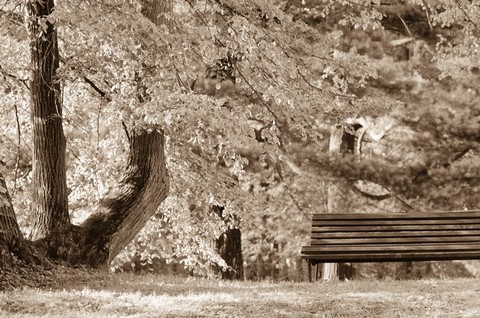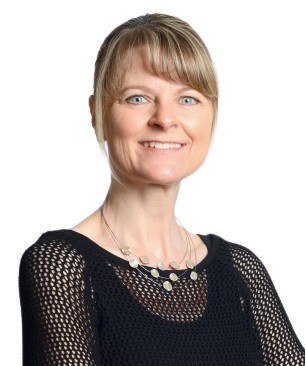Why is it important to talk about feelings?

Substantial research has accumulated over the years showing that depression and anxiety lead to social and professional deterioration. Depression and anxiety are frequently associated with physical illnesses affecting not only quality of life, but also limiting life expectation. Loneliness is one of the risk factors triggering depression and anxiety. Depression and anxiety decrease a person’s self-esteem. As a result, such people have negative self-talk, worry about being judged, feel unworthy and hopeless. If you are feeling depressed and lonely in Dubai, this article will give you good insight on loneliness and things you can do to socially connect for better mental and physical health.
Lonely in the urban centers
Former US Surgeon General, Dr. Vivek Murthy, in his research found that 40% of adults in the US report feeing lonely. He cited the following reasons for this phenomenon:
- More time spent at work
- Aging population
- Greater mobility
- Social media
- Greater awareness of loneliness
We must keep in mind that in big, cosmopolitan cities around the world, including Dubai, people focus on being independent and self-reliant, to be separate and to individuate. This trend is caused by increasing mobility and cross pollination of cultures through international jobs, globalization and the media. International studies looking at loneliness might very well show that it is becoming a global phenomenon.
Multicultural society. Living in diaspora
When we look at Dubai, clearly, we live in a multi-cultural society. For some cultures, integration into a community takes place when people cluster around religious practices, cultural traditions and holidays, and knowledge of the native language. Often, a great deal of social interaction takes place within the family and extended family. This cohesiveness can buffer against loneliness.
Missing family and feeling depressed

A good number of expats can experience the type of loneliness Dr. Murthy described. They have moved far away from their family of origin (parents, siblings and relatives) and friends. Some will come with their families of procreation (spouses and children) and others leave their families behind. Of course, the latter situation can be very heart-wrenching and hugely contribute to feeling depressed and lonely. And brining the family can also cause anguish when the spouse might not find a job, or might not integrate into a community, or if the children have a difficult time adjusting and making new friends.
For some expat adults, children and teens coming to a place that is very diverse can be bewildering. It takes time to understand and accept the various cultures, traditions, and styles of communication. A particular challenge is the transient nature of an ex-pat population. This means that friends will come and go, because professionals are moving on to new jobs in new places or are returning to their homeland. The departure of a dear friend can leave a big hole in an adult’s, child’s, or teen’s life.
Single people can also experience a great deal of loneliness. Often, I have heard people tell me how much they dreaded the weekend, or a long weekend, because they had nobody to enjoy it with. Many will just overwork, so that they don’t have to face their loneliness. This might be a short-term remedy, but in the long term will not help, because people need to rest and benefit from friendship and social interaction.
Solutions to be less lonely in Dubai

A starting point is Dr. Murthy’s last point: Awareness.
We need to better understand what is going on in our lives and acknowledge when our mental health and physical well-being are suffering due to feeling depressed and lonely. As parents, we also must understand children’s and teens’ need to socialize and to recognize when they isolate.
If loneliness is the cause of feeling depressed, insecure, anxious, or unworthy etc. then a plan of action needs to be created.
Few ideas how to avoid loneliness and social isolation leading to depression

- Always make it a point to meet your neighbors
- Understand more about local culture, traditions, and religion. Visit the Sheikh Mohammed Centre for Cultural Understanding
- Women can join Expat Women Dubai for community, activities and online support and activities
- Scope out the meet-up Dubai forum. There are lots of people gathering for different purposes. Join a Meet-Up Event
- Join a class: There are ample offerings of classes in Dubai ranging from exercise classes to art classes. There also are academic programs and certifications to partake in.
- Cultivate a hobby
- Check-out Dubai’s beautiful Mohammed bin Rashid Library and enjoy the photo exhibit
- See if you can inspire and make changes in the workplace, so that colleagues can get to know each other and form friendships and a support network.
- Help your children connect through extracurricular activities at school and opportunities to meet outside of school through play-dates, or meetings inside the home or other safe places.
- Join a team sport
- Do volunteer work. The Expat Echo Dubai has several opportunities listed
- Let’s agree to put our devices away a little more often to strike up a conversation in the real world.

Dr. Annette Schonder
Clinical Counsellor,
Marriage Therapist, Hypnotherapist
(American Board)
Call +971 4 457 4240
